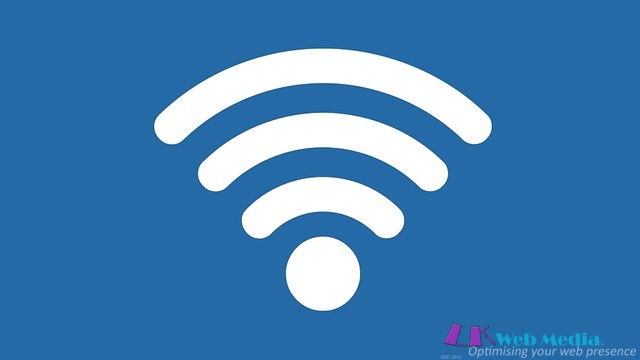A worst-case scenario has unfolded today for Wi-Fi devices. Researchers at a university in Belgium discovered a way to completely defeat the encryption that WPA2 provides on Wi-Fi networks.
This affects all modern Wi-Fi equipment, from mobile phones to tablets to workstations, routers, printers and more. This is a big deal and has very widespread security implications.
We have had a major Wi-Fi vulnerability announced that affects absolutely every device that supports Wi-Fi. The vulnerability allows attackers to decrypt WPA2 connections. A second vulnerability also emerged today, and we will cover that at the end of this post.
The Wi-Fi vulnerability is being called “KRACK”, which is short for Key Reinstallation Attacks.
I’m going to cover the problem in relatively non-technical terms in this post so that you are able to clearly understand how this affects you and what you can do about it, right now.
Once you are done reading this, I strongly recommend you spread the word, because this Wi-Fi weakness can allow attackers to crack WPA2 which was previously thought of as a secure Wi-Fi encryption protocol.
The WPA2 Wi-Fi Vulnerability
WPA2 is a protocol that secures all modern protected Wi-Fi networks. According to statistics by Wigle.net, it secures 60% of the world’s Wi-Fi networks.
Researchers at KU Leuven, a university in Flanders in Belgium, have discovered a way for an attacker to read sensitive information that is sent over a Wi-Fi network using WPA2.
Attackers can use this to steal sensitive information like credit card numbers, passwords, chat messages, emails, photos and more. The attack works against all modern protected Wi-Fi networks.
It may also be possible for an attacker to inject malicious information into the Wi-Fi network. This could include ransomware and malware.
The vulnerability is in the Wi-Fi standard itself, and not in individual products or their implementations. That means that all products that correctly implement the WPA2 standard are affected.
If your device supports Wi-Fi, it is likely affected by this vulnerability.
Products that are known to be affected by this at this time include Android, Linux, Apple, Microsoft Windows, Linksys and more.
The list of affected vendors is enormous, and vendors including Amazon, Cisco and Netgear are scrambling to release patches to fix this issue.
Look out for your patch to fix it >>
Or if you need help contact us >>
More news >>



Recent Comments